Take this moment to consider the five laws of your life online. Like laws of the state, whether or not you choose to learn these laws is irrelevant, as you will be tried by them regardless.
1.
Assume everything you do and say will be made public.
2.
Do not be seduced by privacy settings and passwords, which are temporary illusions that distract from the reality of the previous point.
3.
Understand that context and data are often one and the same. When you enter information on the internet, assume that you include the who (you), the what (the data), the when (the time of data input), the where (the site on which the data is being placed), the how (the device on which you input the data), and the why (the purpose of the site).
4.
Believe that all of your credit card transactions are being kept in a colossal, searchable ledger that one day will be made available for all to study.
5.
Believe that data does not disappear when you delete it.
Read more
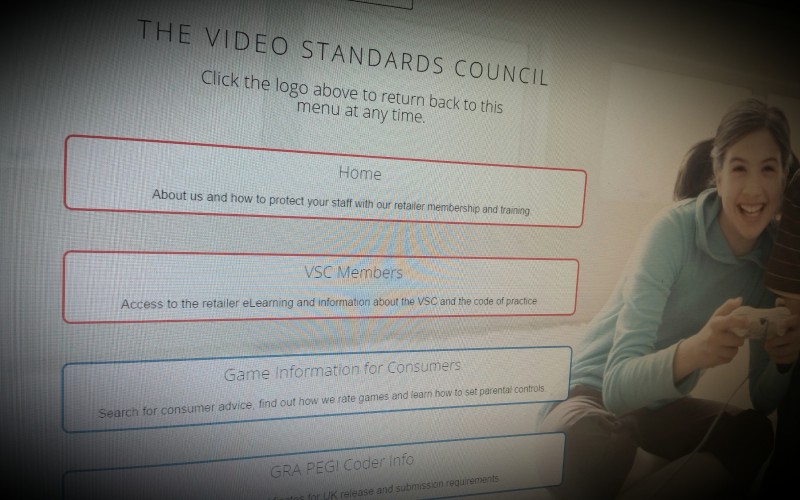
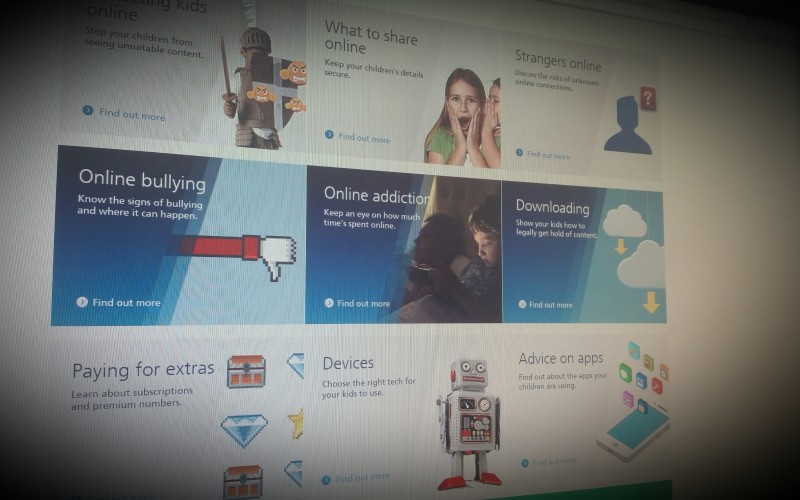
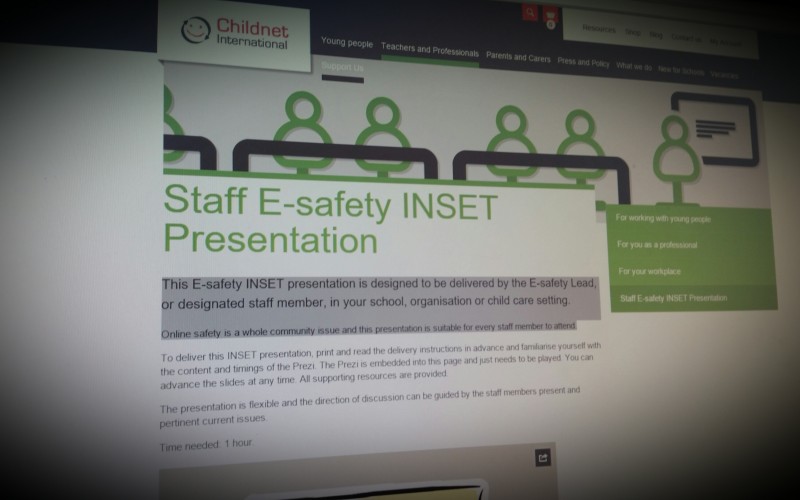

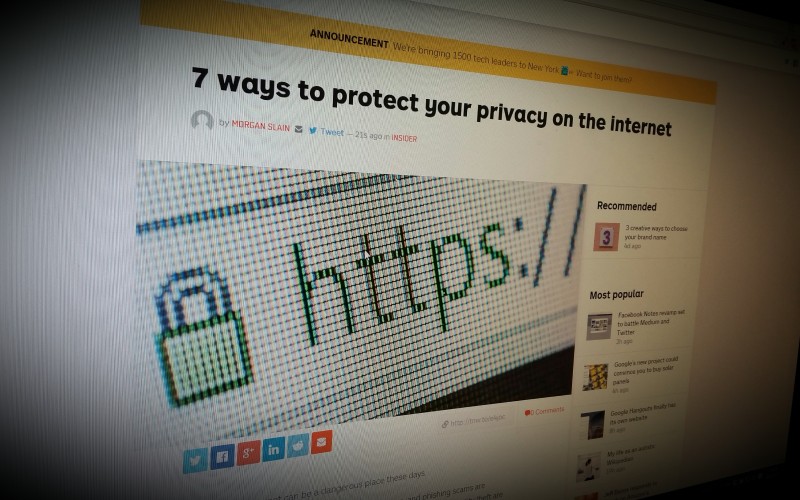
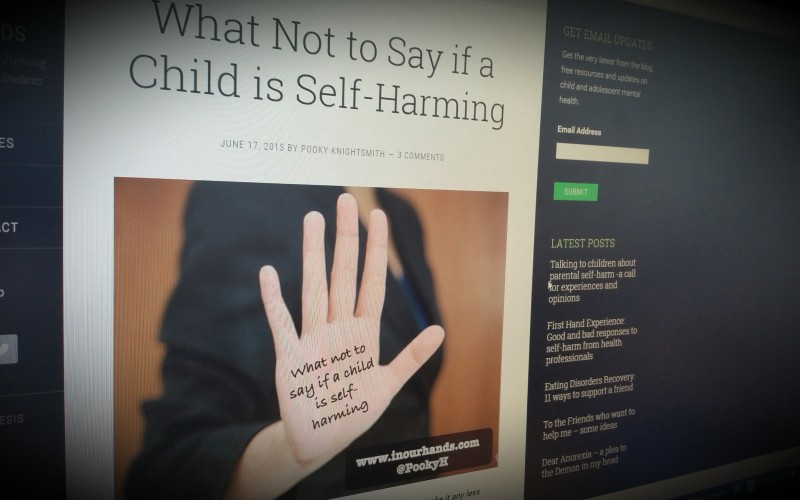
Comments
make a comment